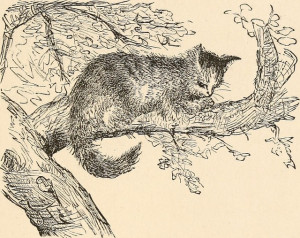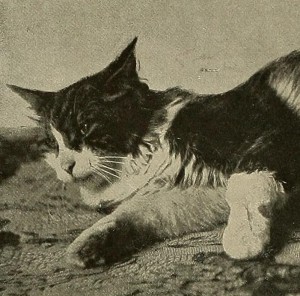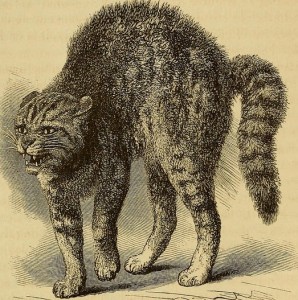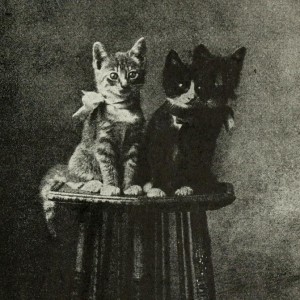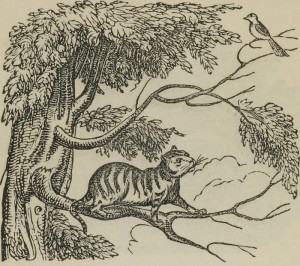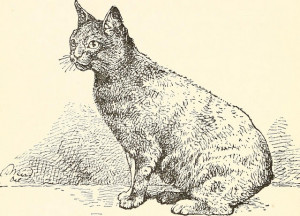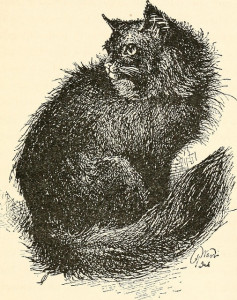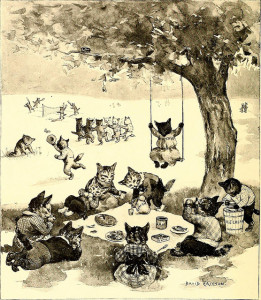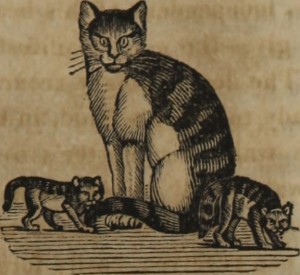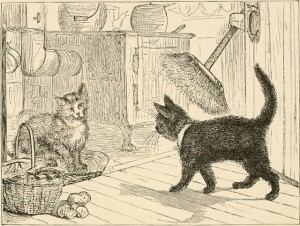
31st chat, May 5 2015: educational technology, neoliberalism, and #critlib
moderated by @oksveta
Storify (pdf, html) by @tmillerLibrary
Suggested reading:
- Audrey Watters “Convivial Tools in an Age of Surveillance” http://hackeducation.com/2014/11/13/convivial-tools-in-an-age-of-surveillance/
If you’re still curious/for reference:
- Alison Hicks “LibGuides: Pedagogy to Oppress” http://www.hybridpedagogy.com/journal/libguides-pedagogy-to-oppress/
- Josh Honn “Notes on Student Privacy and Online Pedagogy” http://sites.northwestern.edu/jch629/2014/02/01/notes-on-student-privacy-and-online-pedagogy/
- FemTechNet, “DOCC 2013: Dialogues on Feminism & Technology” http://femtechnet.newschool.edu/docc2013/
- Kevin Hamilton “Learning with Handbrake: A Ripping Story” http://learningthroughdigitalmedia.net/learning-with-handbrake-a-ripping-story
Discussion questions:
- Q1 What are some educational technologies being used in your library? How do you interact with them in your work? #critlib
- Q2 How is edtech not neutral? To you, what are some of the intersections of edtech & politics that we should be most mindful of? #critlib
- Q3 Is “convivial” edtech possible? What are some strategies for subverting oppressive uses of edtech in libraries? #critlib
- Q4 Beyond mitigating harm of dominant edtech paradigms, what are avenues for building out educational uses of tech on our own terms?#critlib
